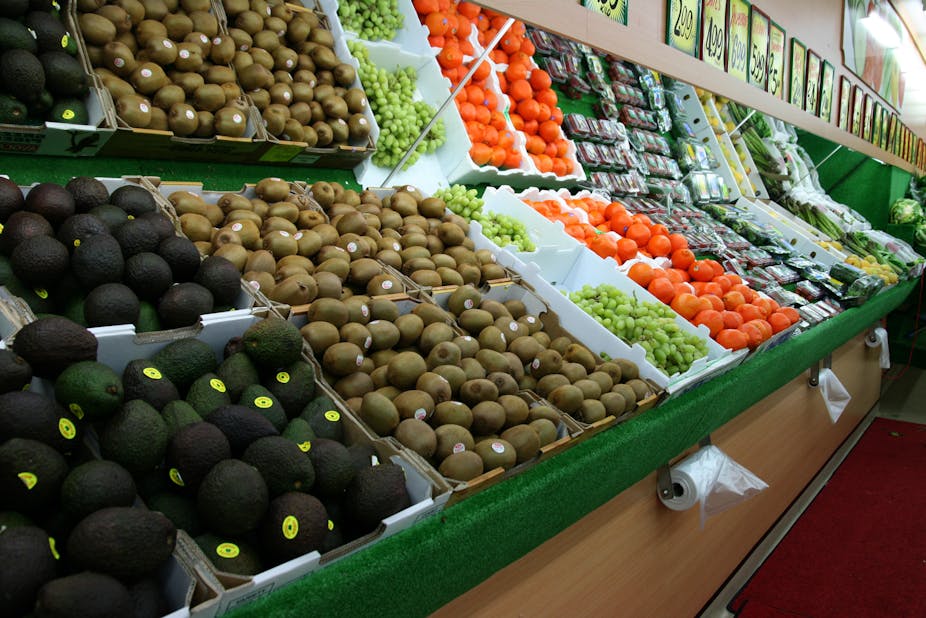A recent Queensland study has found the purported link between socioeconomic status and food choices leading to bad behaviour among children and ill-health among adults may be misunderstood. The study adds to a growing number of conflicting reports in research literature.
The authors, who examined the health and behaviour of both adults and children from “food-insecure” households, found that socioeconomic status is only one of the contributing factors to food insecurity.
Food insecurity refers to insufficient access to nutritionally-adequate, culturally-appropriate and safe food, or the limited ability to acquire such foods.
In other developed countries, food insecurity has been associated with adverse health outcomes, including depression, cardiovascular disease and diabetes.
These same conditions currently place a significant burden on the Australian healthcare system.
But low household income is only one determinant of food insecurity and poor health. These factors remain distinct phenomena, capable of occurring independently of each other.
The Brisbane study
A recent mail-based survey investigated the dietary, social and health factors associated with food insecurity in 500 households residing in areas around Brisbane.
One quarter of the households were food insecure, suggesting that food insecurity is a serious issue in these areas.
Adults from food insecure households had a higher risk of depression, poorer general health and reported accessing general practitioners and hospitals more often than their food-secure counterparts.
They were up to 40% less likely to consume adequate servings of fruits and 25% less likely to consume adequate servings of vegetables.
Among children, those from food-insecure households were over twice as likely to display “atypical” behaviours and emotions and were three times more likely to have missed days away from school and activity due to illness.
Atypical behaviours were measured using a set of questions to rate sociability, conduct problems, emotions and issues with peers, among other measures.
Of concern is that growing up in a food-insecure household may result not only in the development of a pattern of ill-health but have negative social consequences.
Overall, food insecurity existed independent of socioeconomic status and its underlying factors had significant adverse health, behavioural and social consequences for both adults and children.
The other barriers to food acquisition included lack of physical access due to inadequate transport or limited availability or variety in food retail outlets.
The way forward
This research suggests insufficient access to nutritious foods may lead to negative health, social and behavioural outcomes among both adults and children.
Current strategies aiming to address food insecurity should be specifically tailored to address the actual determinants of food insecurity, taking into account the characteristics of households within the areas they cover.
Merely assuming that having a lower income means a person will eat badly, behave badly and become a burden to the healthcare system is neither useful for addressing this social need nor accurate.

